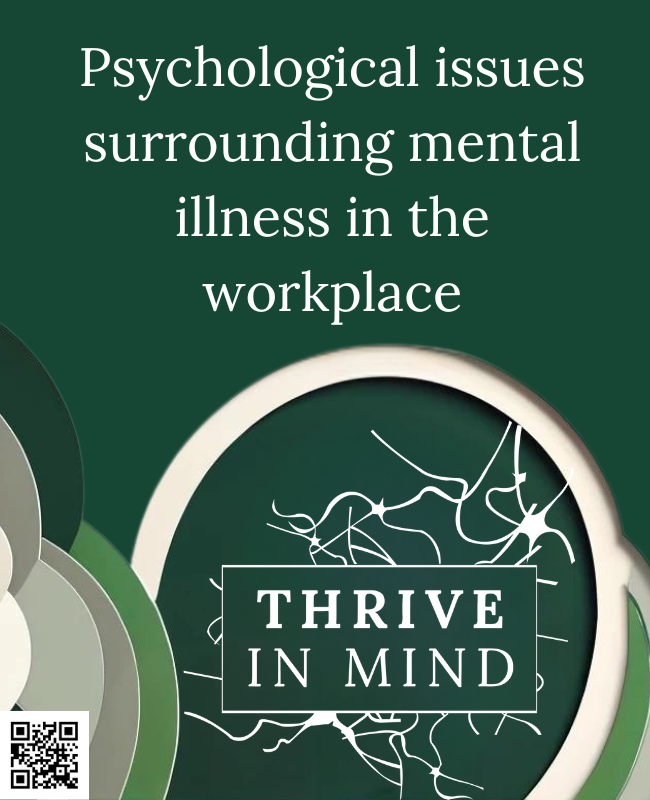Men’s Health Week

As we mark Men’s Health Week, it is important to highlight the impact of the digital age upon men’s mental health, and explore proactive steps that can be taken to improve well-being.
The digital era, while beneficial in many respects, also brings stressors and unique challenges. Research has highlighted the detrimental impact of excessive screen time on men’s mental health, including rising levels of insecurities, anxiety, depression and increased social isolation.
On social media platforms, men are bombarded with highly curated, idealised, superficial versions of success, body image and masculinity. These digital personas are marketed in such a way, that not conforming to them can be viewed as failing personally.
The digital age has transformed men’s potential measure of validation, away from face to face feedback in real life, towards a never ending tally of social media likes, comments and follower counts. Men may find themselves seeking constant approval online, leading to a decline in self-esteem when this supposed validation is not received.
The constant stream of updates and information on social media can create a fear of missing out (FOMO) on social, work events and opportunities. Men may feel relentless pressure to always stay connected and involved with their digital world.
The COVID-19 pandemic has accelerated the trend of remote working, subsequently leading to a decline in meaningful face-to face interactions. Communications in the office have been replaced by scheduled remote video meetings, leaving less room for informal conversations and authentic connections. Men may feel isolated, disconnected and struggle to establish and maintain meaningful interpersonal relationships.
Scarily, we also know that men are more at risk of suicide than their female counterparts. Around three-quarters of suicides in the UK in 2021 were males (4,129 deaths; 74.0%), consistent with long-term trends, and equivalent to 16.0 deaths per 100,000, the rate for females was 5.5 deaths per 100,000. (0NS, 2021; https://www.ons.gov.uk/peoplepopulationandcommunity/birthsdeathsandmarriages/deaths/bulletins/suicidesintheunitedkingdom/2021registrations)
By acknowledging these challenges and introducing new ways of responding to them, men can find ways to prioritise their well-being and enhance authentic value based actions.
Embracing a digital detox can help men to ring fence dedicated time away from technology. Engagement in ‘real world’ activities and spending quality time with loved ones can restore balance and aid emotional regulation.
Cultivating authentic relationships by increasing face to face interactions can improve social skills and restore a sense of connectedness and belonging.
Prioritising self-care can improve mental health, reduce stress and restore a healthier work life balance. Engaging in stress reducing activities, like exercise, meditation, hobbies and creative pursuits will promote mental well-being.
By striking a balance between digital and real-world experiences, men can meet their true potential and lead fulfilling lives.
For more information about Men’s Health Week please visit: www.menshealthforum.org.uk

